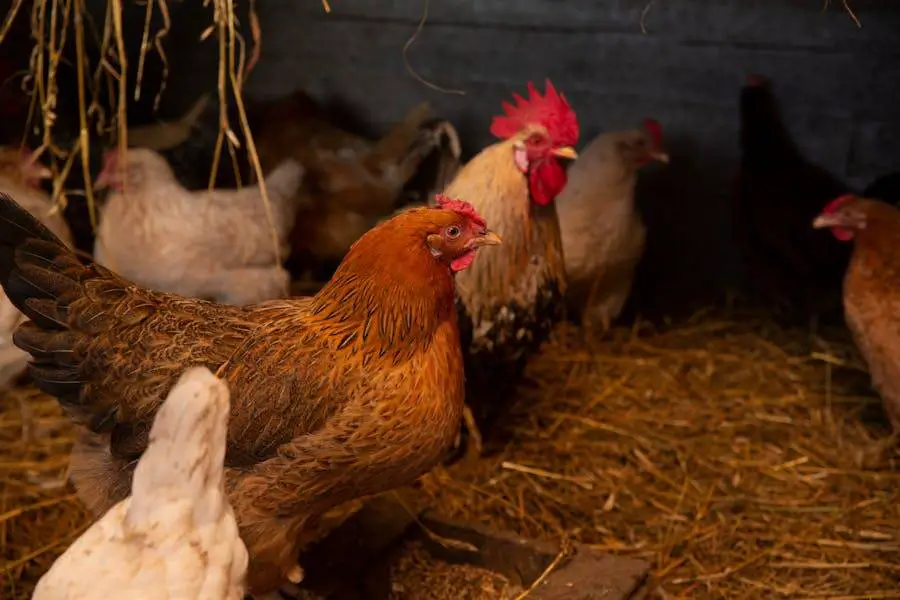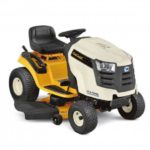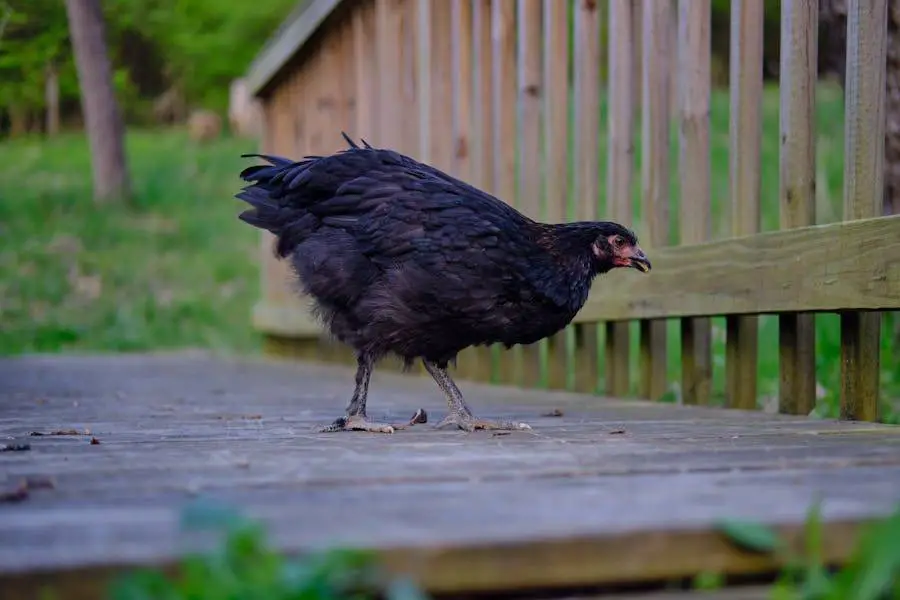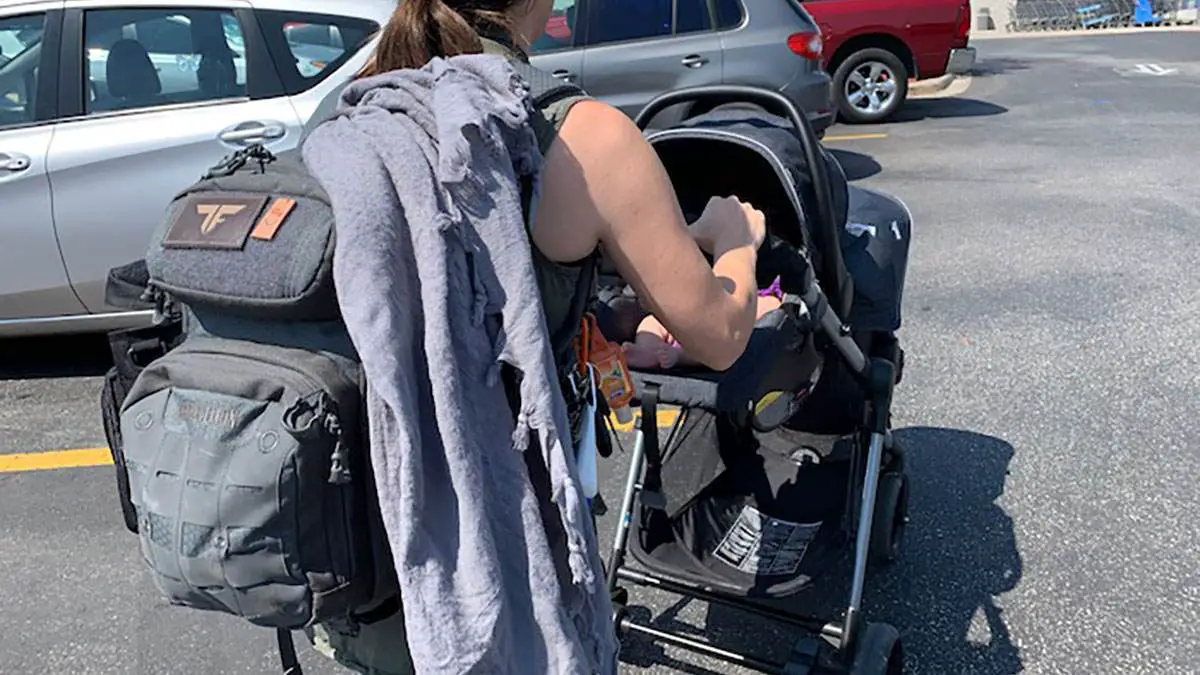Table of Contents
Ants can be a significant nuisance in chicken coops, causing discomfort to the chickens and potentially leading to health issues.
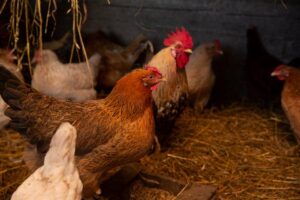
This comprehensive guide explores the various causes of ant invasions in chicken coops and provides practical solutions to address each one.
Leftover Feed Attraction
One of the primary attractions for ants in a chicken coop is leftover feed. Chickens, particularly when they are fed freely, have a tendency to scatter their food as they eat.
This scattered and uneaten feed quickly becomes an easy and accessible source of sustenance for ants.
Ants are opportunistic creatures and will capitalize on any available food source. Because chicken feed is often rich in proteins, fats, and sugars, it’s especially appealing to ants.
Additionally, the ground-up nature of most chicken feed makes it easy for ants to transport back to their colonies.
To mitigate this issue, consider implementing the following strategies:
- Portioned Feeding: Instead of free-feeding your chickens, try portion feeding. This practice involves providing only the amount of feed your chickens can consume in one sitting. By doing so, you’re less likely to have significant amounts of feed left over that could attract ants.
- Elevated Feeders: Another effective strategy is to use elevated feeders. These feeders make it more difficult for ants to access the feed, and they also help to minimize spillage.
- Clean-Up Routine: Regular clean-up of spilled feed can significantly reduce the attraction for ants. Make sure to remove any leftover feed at the end of the day and clean feeders regularly. This practice not only deters ants but also promotes overall coop cleanliness.
- Proper Feed Storage: Ants can also be attracted to the place where you store your chicken feed. Storing feed in tightly sealed containers can prevent ants from accessing it. Metal containers are often the best choice as they are less likely to be compromised by pests.
- Barrier Methods: Creating a barrier around the feeders can also deter ants. One popular method is to place the feeders in a shallow pan of water, creating a sort of moat that ants won’t cross. Ants are not fond of certain substances like diatomaceous earth or petroleum jelly, so creating a barrier with these materials can also be effective.
By understanding the attraction of leftover feed and taking steps to manage it effectively, you can significantly reduce the likelihood of an ant infestation in your chicken coop.
Accessible Water Sources
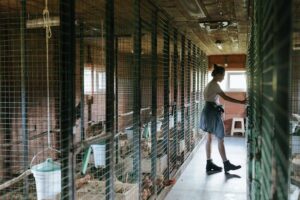
Water sources within or near the chicken coop can act as a magnet for ants. Ants, like all living creatures, need water to survive.
If there’s a constant water source in your chicken coop, such as from chicken drinkers, leaky pipes, or puddles formed after rainfall, ants will be drawn to it.
Here are some strategies to effectively manage water sources:
- Leak-Proof Containers: Ensure that water containers for your chickens are leak-proof. Regularly check for any damages or leaks in the water containers and repair them promptly.
- Proper Water Management: Refill water containers only as needed, and avoid overfilling them. Overfilled containers are more likely to spill and create puddles, which can attract ants.
- Drainage System: Implement a proper drainage system in and around the coop. This is particularly important if your coop is exposed to rain. A good drainage system will prevent the formation of puddles and keep the ground around the coop dry.
- Elevate Water Containers: Just like with feeders, elevating water containers can deter ants. You can place the water containers on a raised platform or hang them from the coop ceiling.
- Use of Ant-Resistant Waterers: There are chicken waterers available in the market that are designed to be ant-resistant. These waterers usually have a design that prevents ants from reaching the water, making them a worthwhile investment for your coop.
Following those, you can significantly reduce the attraction for ants in your chicken coop and help keep your flock healthy and comfortable.
Poor Sanitation
Poor sanitation is a significant factor that can attract ants to a chicken coop. A dirty chicken coop provides an ideal environment for ants and other pests.
Accumulated droppings, leftover feed, feathers, and other waste materials provide ample food sources and potential nesting sites for ants.
Moreover, poor sanitation can lead to damp conditions, which are attractive to certain species of ants.
Therefore, maintaining cleanliness in your chicken coop is not just about preventing odors and diseases; it’s also about pest control.
Here are some solutions to improve sanitation in your chicken coop:
- Regular Cleaning: Implement a regular cleaning routine for your chicken coop. This includes sweeping out any debris, removing droppings, and replacing bedding. Regular cleaning not only deters ants but also helps maintain the overall health of your chickens.
- Proper Waste Disposal: Safely dispose of chicken droppings and other waste materials. Composting is an excellent way to recycle this waste while simultaneously reducing its appeal to pests.
- Regular Inspection: Regularly inspect your chicken coop for signs of ants or other pests. Early detection can help you address the problem before it gets out of hand.
- Use of Pest-Resistant Bedding: Certain types of bedding, such as cedar shavings, can deter ants and other pests. Cedar contains natural oils that repel many insects, making it an excellent choice for coop bedding.
- Ventilation: Ensure your chicken coop is well-ventilated. Proper ventilation helps to keep the coop dry and less appealing to ants.
- Use of Natural Repellents: Certain herbs and essential oils, such as peppermint, cinnamon, and tea tree oil, are known to deter ants. Sprinkling these around the coop or adding them to your cleaning routine can help keep ants at bay.
- Deep Cleaning: Apart from regular cleaning, schedule a deep cleaning of your coop at least once or twice a year. This involves thoroughly cleaning and disinfecting the entire coop, removing any potential ant colonies, and addressing any structural issues that could attract ants.
By maintaining good sanitation practices in your chicken coop, you can create an environment that’s less appealing to ants and more comfortable for your chickens.
Other Possible Causes
Poor Sanitation
A dirty chicken coop can attract a variety of pests, including ants. Accumulated droppings, feathers, and other waste can create an environment conducive to ants.
Implementing a regular cleaning routine for your chicken coop can help. This includes removing droppings, replacing bedding, and sweeping out any debris.
Regular cleaning not only deters ants but also helps maintain the overall health of your chickens.
Chicken Droppings Attraction
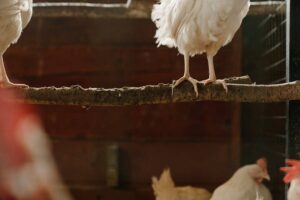
Chicken droppings can be another source of attraction for ants, particularly when allowed to accumulate over time.
Regularly removing and safely disposing of chicken droppings can prevent this issue. Composting is an excellent way to recycle this waste while simultaneously reducing its appeal to pests.
Lack of Natural Predators
The absence of natural ant predators in the environment can lead to an increase in ant populations.
Introducing natural ant predators, such as certain bird species or beneficial insects like ladybugs and praying mantises, into your garden can help control ant populations naturally.
Ineffective Use of Chemical Pesticides
While chemical pesticides can effectively eliminate ants, improper use can harm your chickens or disrupt the natural ecosystem.
If you choose to use pesticides, select ones that are safe for your chickens and other beneficial insects. Always follow the manufacturer’s instructions for proper application and dosage.
Conclusion
Managing ants in a chicken coop can be a challenging task. However, with a thorough understanding of the causes of infestation and effective solutions, you can significantly reduce this problem.
Maintaining a clean and well-maintained coop environment is the key to keeping your flock healthy and ant-free. Remember, prevention is always better than cure.

